Partnership
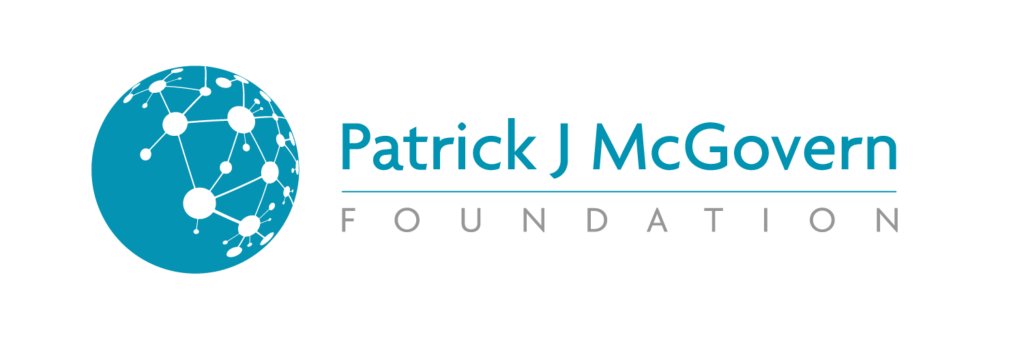
This Program is partly supported by the partnership with the Patrick J. McGovern Foundation.
Why Data Feminism?
The challenges women face are often invisible in data. Nevertheless, data collected, analyzed, and interpreted through an intersectional lens can contribute to more effective program and policy design, as well as empower women and gender-diverse groups. DPA’s Data Feminism Program is inspired by the concepts and principles discussed by Catherine D’Ignazio and Lauren Klein in their homonymous book, as well as by the 2030 Agenda for Sustainable Development’s Goal 5, which highlights the need to “Achieve gender equality and empower all women and girls”. Through this Program, our goal is to produce evidence for advocacy endeavors and policies that will accelerate intersectional, feminist, and LGBTQI+ inclusive gender equality.
Program Director Anna Spinardi outlines the vision behind the Data Feminism Program in the blog post linked below.
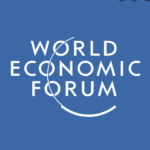
Methods
DPA has years of experience leveraging mix-methods approaches and non-traditional data for gender-related projects. Some of the key methods employed are: evidence-based assessments, gender and data capacity-building, and advanced GBV data modeling and visualization.
Products and Projects
Evidence-Based Gender Assessments

- Argentina, Europe, Kenya, Latin America and the Caribbean (LAC), Mexico, Philippines, Spain, Sub-Saharan Africa (SSA)
- April 2024 - September 2024
- Partner(s): City Hub and Network for Gender Equity - CHANGE (Funder), Open Data Watch
Data-Pop Alliance (DPA), in collaboration with Open Data Watch (ODW), was tasked with creating a pioneering gender data framework for urban environments, commissioned by the City Hub and Network for Gender Equity (CHANGE). This framework was intended for implementation across CHANGE’s network cities, starting with Barcelona, Buenos Aires, Mexico City, Nairobi, and Quezon City as the initial participants. Capitalizing on DPA’s and ODW’s specialized knowledge in data analytics and gender-focused research, the project’s core objective was to provide a robust measurement of gender equity within varied city landscapes. The project’s deliverables included: A comprehensive blueprint outlining the essential requirements and stages for cities to prepare and deploy the framework; The framework itself, featuring specific dimensions and indicators that assessed both the processes and physical form of the cities concerning gender equity; and a specialized data collection tool, complete with training materials, to enable cities to gather and process all necessary data to effectively utilize the framework. This multi-faceted approach ensured that the participating cities were equipped with the knowledge, tools, and methods required to drive meaningful progress in the realm of urban gender equity.

- Latin America and the Caribbean (LAC), Uruguay
- Dates: March 2024 - June 2024
- Partner(s): Iniciativa Latinoamericana por los Datos Abiertos ILDA (Funder)
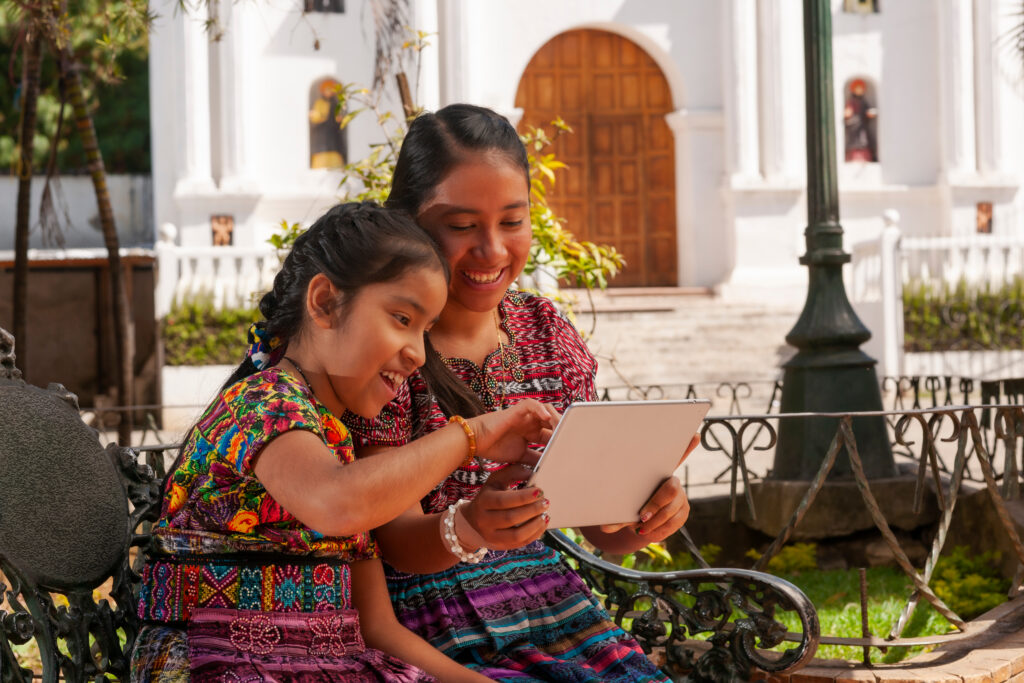
- Asia Pacific, Latin America and the Caribbean (LAC), Sub-Saharan Africa (SSA)
- October 2023 - May 2024
- Partner(s): Fòs Feminista (Funder)

- Asia Pacific, Europe, Middle East and North Africa (MENA), North America
- July 2023 - September 2023
- Partner(s): Global Partnership on Artificial Intelligence (GPAI), International Centre of Expertise in Montréal on Artificial Intelligence (CEIMIA), Mila (Funder)
Mila’s AI for Humanity Team identified high-impact, socially beneficial projects and invested in their development and deployment. AI offered possibilities for enhancing well-being and contributing to the SDGs but also had the potential to deepen divides. AI was generally designed and evaluated without systematic gender and diversity approaches, potentially leading to negative consequences. This project aimed to provide the AI ecosystem, particularly the member States of the Global Partnership on AI (GPAI), with a framework of tools and recommendations to ensure diversity and gender equality throughout the AI cycle. DPA provided technical, organizational, and research support for GPAI’s Project on DGE in AI, organizing consultations and data collection with advisory groups from various sectors, focusing on marginalized and minority groups globally.
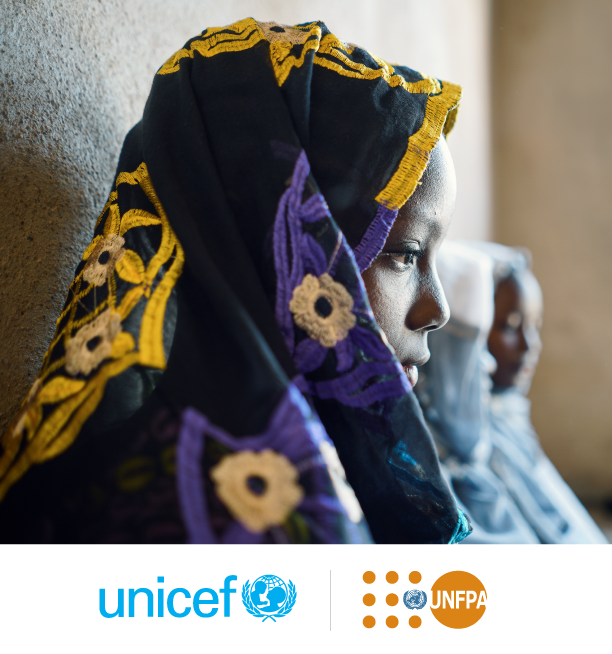
- Bangladesh, Burkina Faso, Egypt, Ethiopia, Ghana, India, Kenya, Middle East and North Africa (MENA), Mozambique, Nepal, Sierra Leone, South Asia, Sub-Saharan Africa (SSA), Sudan, Uganda, Zambia
- June 2022- May 2023
- Partner(s): UNFPA, UNICEF (Funder)
The need to end child marriage and FGM has never been greater –without accelerated progress to end both of these harmful practices, millions of women and girls across the globe will continue to be in danger. DPA, in collaboration with UNICEF and UNFPA, conducted a comprehensive landscape mapping and review of key technology-based interventions to address child marriage and FGM across 13 countries in Africa and Asia (Bangladesh, Burkina Faso, Egypt, Ethiopia, Ghana, India, Kenya, Mozambique, Nepal, Sierra Leone, Sudan, Uganda, Zambia). During the second phase of the project, DPA carried out an in depth review of three selected interventions to better understand their effectiveness, key success factors, and potential areas for improvement.
The methodology proposed by DPA was based on intersectional feminist approach and an analysis integrating both quantitative and qualitative research methods, as well as traditional and non-traditional data sources collected at different stages of the study, underpinned by a participatory approach involving UNICEF, UNFPA, and other stakeholders.

- Latin America and the Caribbean (LAC), Mexico, Peru
- March - August 2022
- Partner(s): WhereIsMyTransport (Funder)
Female and male commuters utilize public transportation differently, yet not enough is known about women’s commuting experiences and challenges. In countries such as Mexico and Peru, gendered perspectives in public policy are starting to be considered, but public action remains insufficient. Together with the socially-focused company WhereIsMyTransport, DPA collected data via online surveys that reflects the issues faced by women transportation users in Mexico City, Mexico and Lima, Peru. The resulting paper highlighted the findings and provided actionable recommendations to empower female commuters and promote gender equality.
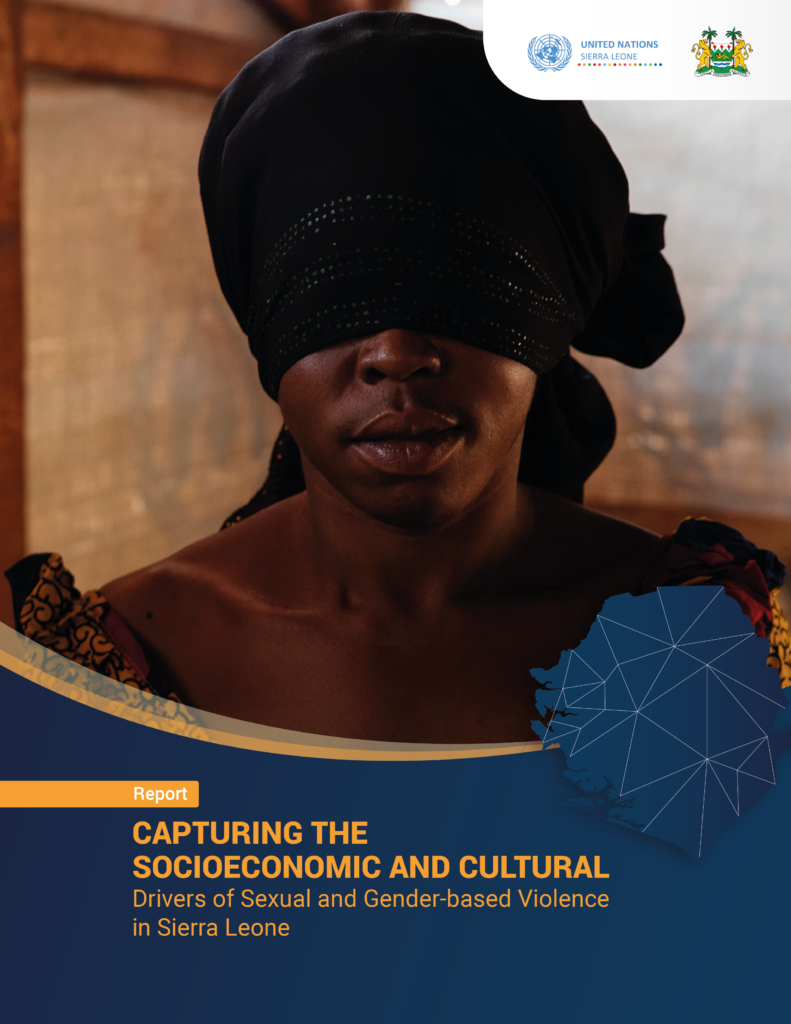
- Sierra Leone
- January - June 2022
- Partner(s): Rainbo Initiative, Statistics Sierra Leone, UNDP Sierra Leone (Funder)
In partnership with UNDP Sierra Leone, this project assessed the prevalence, incidence, trends, and patterns of sexual and gender-based violence (SGBV) in Sierra Leone through a mixed-methods approach and innovate machine learning techniques. By analyzing the structural and root causes that contribute to SGBV, the final report provided targeted policy recommendations to prevent and respond to this phenomenon through a unified national response.
With regards to quantitative methods, DPA mapped, accessed, and analyzed national and international data sources to uncover which drivers might have a higher statistical influence on the prevalence of SGBV. With this information, the research team created advanced machine learning techniques to identify the most relevant indicators and their relationship to SGBV. This analysis was complemented with qualitative data collected through a systematic literature review (over 50 pieces, supported by the ecological model), semi-structured interviews with survivors of SGBV, and focus group discussions with key CSO and government stakeholders.
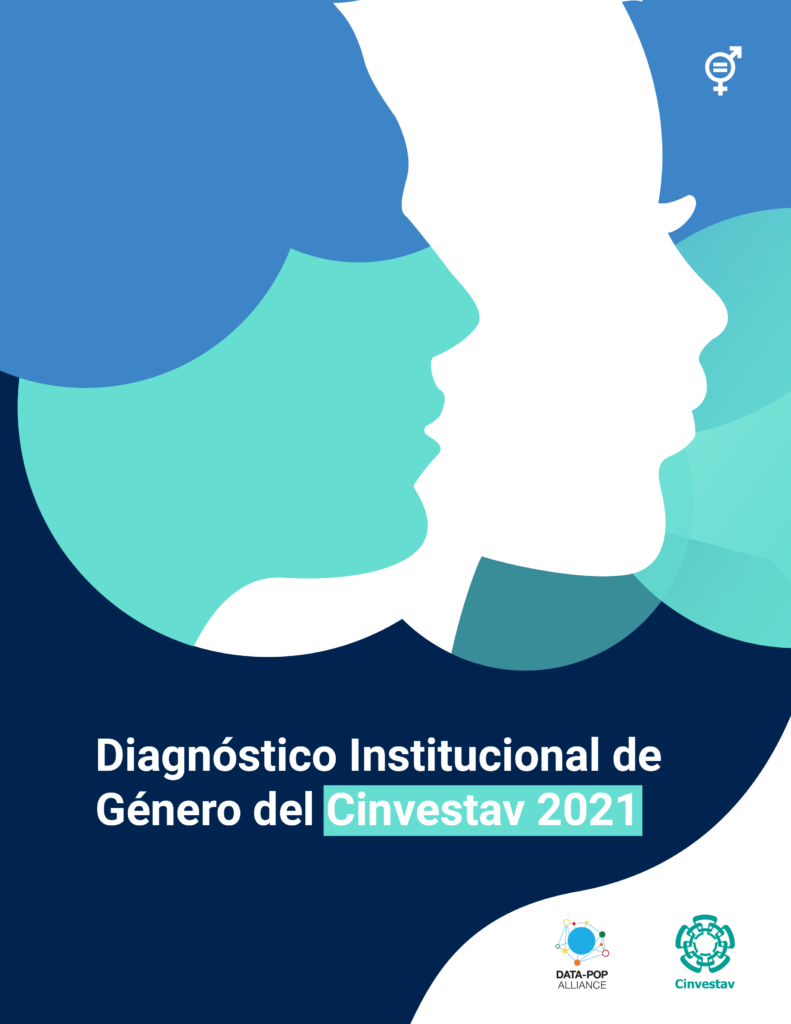
- Mexico
- August 2021 - January 2022
- Partner(s): Center for Research and Advanced Studies of the National Polytechnic Institute (Cinvestav) (Funder)
Developed in partnership with Cinvestav, a network of 11 STEM (Science, Technology, Engineering, and Mathematics) research centers across Mexico, this project aimed to provide an institutional gender assessment of the challenges that women working and studying in the network face (including harassment). The findings from an online survey, focus groups, literature review, and documentary analysis were used to outline actionable recommendations towards gender mainstreaming in this complex organization.
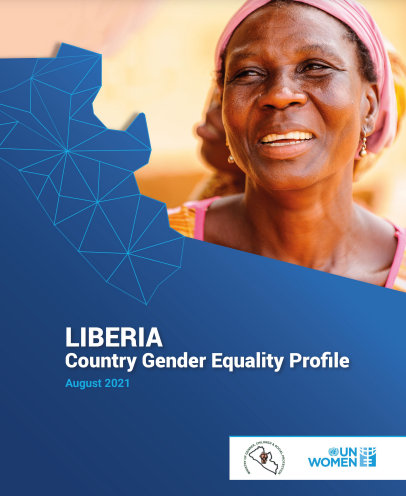
- Liberia, Sub-Saharan Africa (SSA)
- May - September 2021
- Partner(s): African Development Bank, European Union, Government of Sweden, Ministry of Gender, Children & Social Protection - Liberia, UN Women Liberia (Funder)
The CGEP of Liberia, the first of its kind in the country, examined the situation of gender inequality in Liberia from a multi-sectoral and intersectional perspective, including an analysis of the gendered impacts of the COVID-19 pandemic, as well as response and recovery implications. As part of an increasing effort to eliminate all forms of gender-based discrimination, the CGEP represents an important guide to assess the existing situation regarding women’s empowerment and gender equality in Liberia. This project was funded by UN Women Liberia, and supported by the Ministry of Gender, Children and Social Protection Liberia; the European Union, the African Development Bank, and the Government of Sweden.
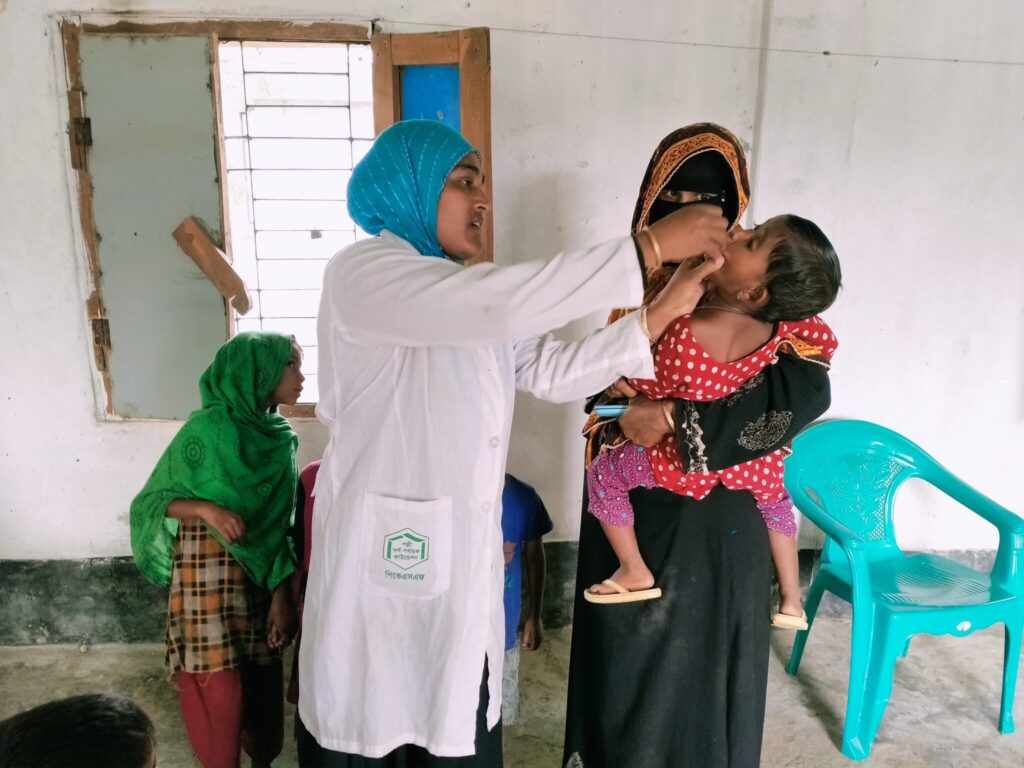
- Bangladesh, South Asia
- March - June 2024
- Partner(s): UN Women (Funder), UN Women Bangladesh
Data-Pop Alliance (DPA), in collaboration with UN Women, conducted a geospatial analysis of care systems within Bangladesh to facilitate evidence-based decision-making processes and investments in the care economy. Utilizing data from the geo-coded Demographic and Health Survey conducted in Bangladesh in 2022, this analysis aimed to identify districts with the highest concentration of children and other age-specific care requirements, assess women’s employment rates and relevant economic indicators, and incorporate climate-related factors to understand the potential impact of climate change on care demands. The primary objective of this research was to enhance evidence-informed decision-making processes regarding investments in various types of care delivery models tailored to specific care demands.
Gender and Data Training

- Asia Pacific, Thailand
- November 2023
- Partner(s): UN Women (Funder)
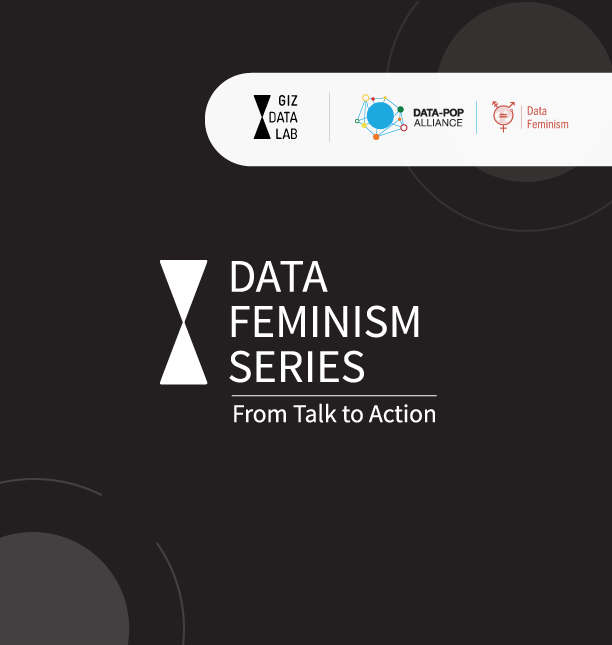
- Global
- August 2022 - Feburary 2023
- Partner(s): GIZ (Funder)
The Data Feminism Series was an event co-organized and developed by the GIZ Data Lab and Data-Pop Alliance, aiming to increase awareness about Gender Data’s potential (and gaps) in addressing structural inequalities, particularly in the “Age of Data”. In addition, the event sought to inspire decision-makers to view Gender Data as a cornerstone of successful feminist development cooperation, considering power relationships and adopting intersectional approaches. The series was divided into four separate events, each featuring high-ranking experts in their field and working sessions to leverage experiences from around the globe, as well as different sectors and stakeholders.
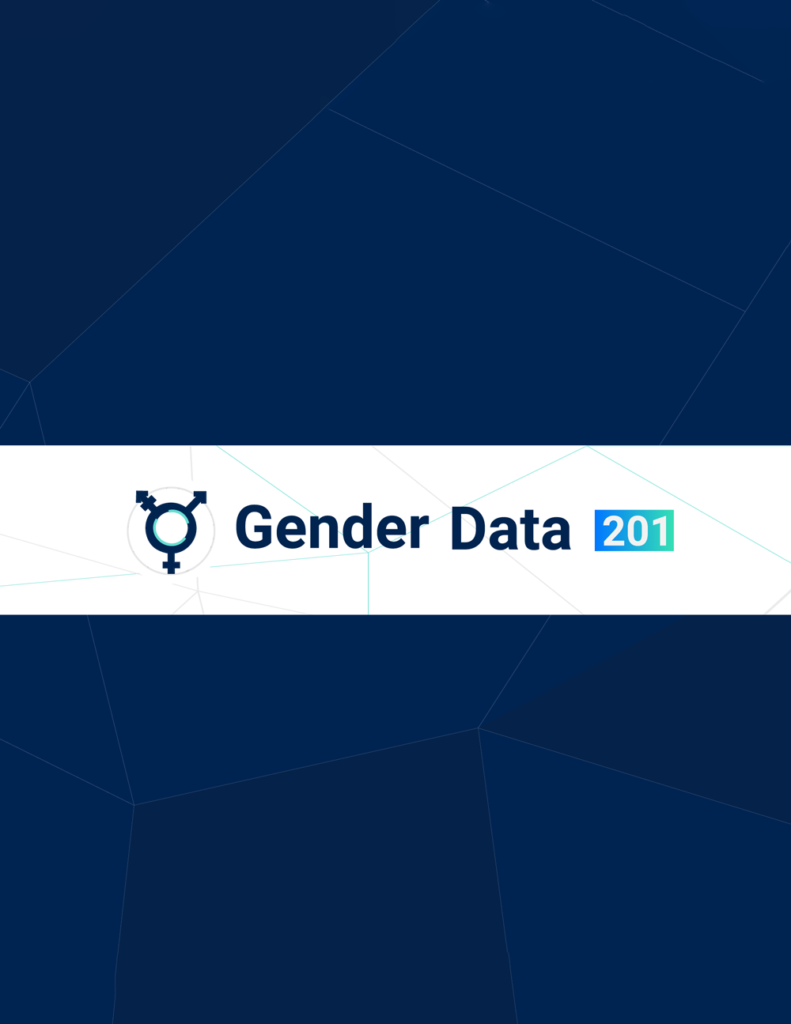
- Global
- June 2021 - Currently available
- Partner(s): Meta (Funder), TechChange
Gender Data 201, is a free, self-paced, online course developed by DPA with support from Meta and in collaboration with TechChange (the hosting platform). The objective of the course has been to offer a hands-on online learning experience that equips participants with the data skills needed to lead gender-responsive advocacy work, decision-making processes, and/or policy design and implementation. With over a hundred participants from around the world and expert facilitators from various organizations, this course provided a unique opportunity for participants to start leveraging gender data in their own projects and become part of a larger international community of practitioners driving social change through collaboration.
GBV Modeling
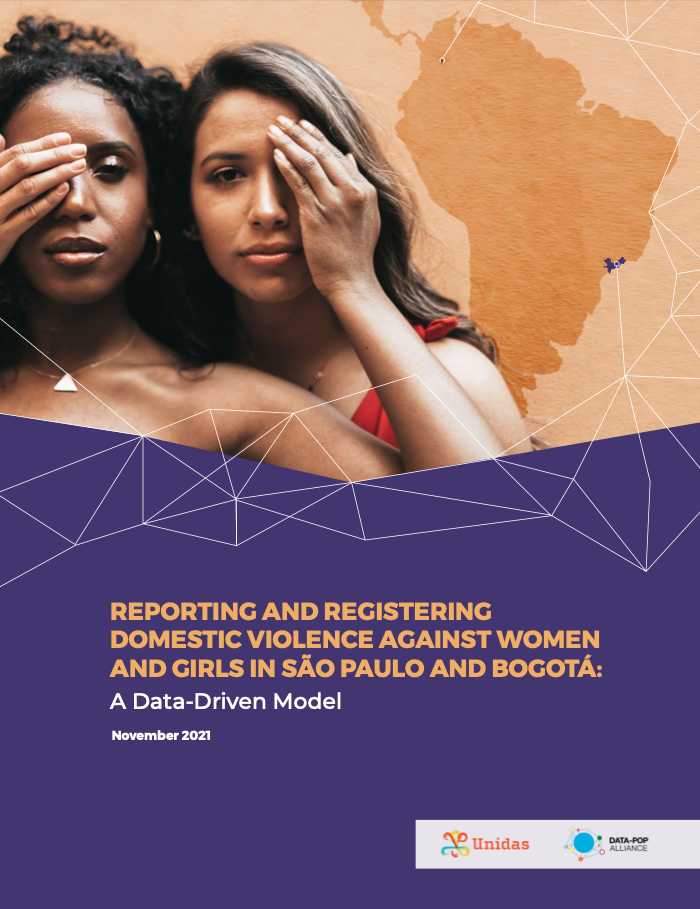
- Brazil, Colombia, Latin America and the Caribbean (LAC), Mexico
- June 2020 - February 2021
- Partner(s): GIZ (Funder), GIZ Data Lab, GIZ México, Unidas
This project, developed in partnership with UNIDAS and GIZ Data Lab, leveraged traditional and non-traditional data sources to assess the reporting capability of women and girls in Mexico City, Bogota and Sao Paulo. The analytical model estimated the probability of registering domestic violence at the locality or municipal level, taking into account personal (e.g. age, educational attainment) and environmental factors (e.g. access to support services, human mobility during the COVID-19 quarantine). The report for Mexico is not available.
Transversal Projects
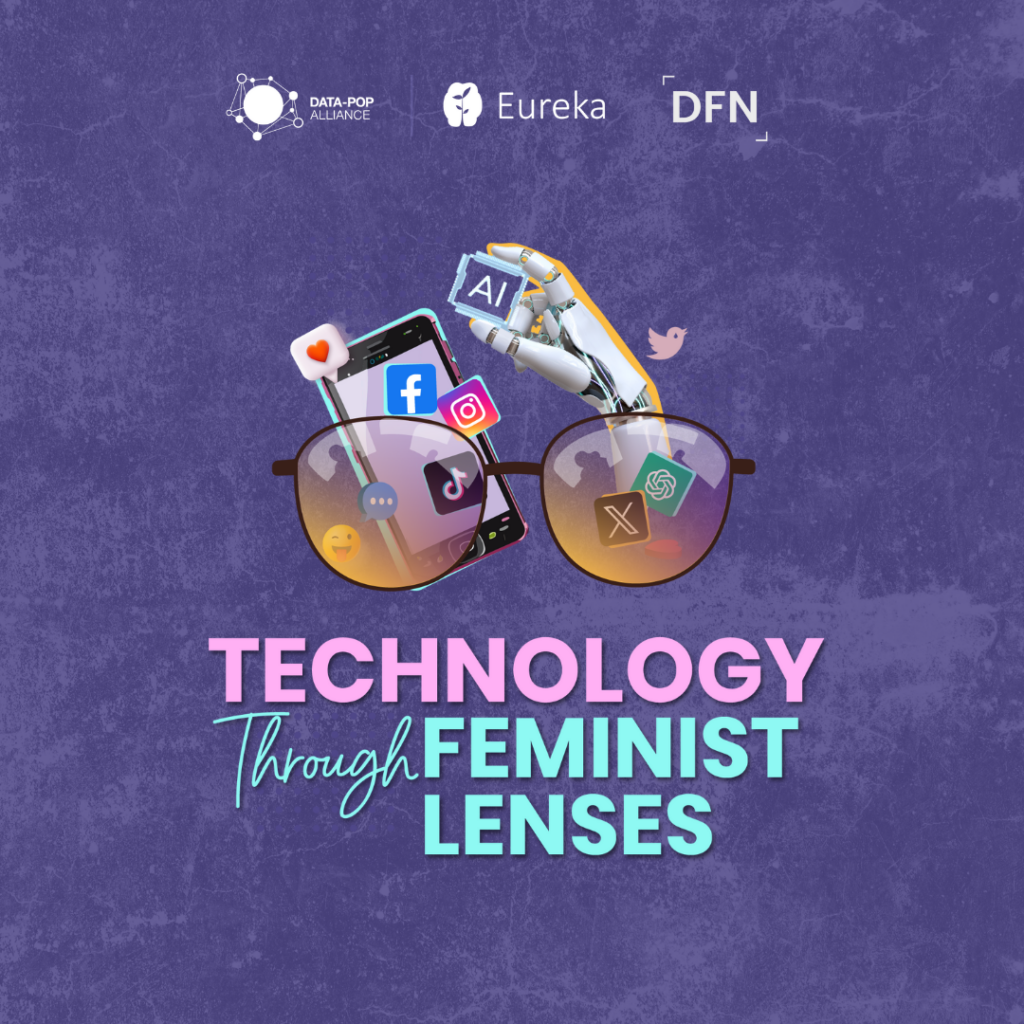
- Global
- January - April 2024
- Partner(s): Eureka, Patrick J. McGovern Foundation (Funder)
With the generous support of the Patrick J McGovern Foundation, Data-Pop Alliance and Eureka proudly launched the free Book and Movie Club titled “Technology Through Feminist Lenses.” The club conducted sessions in three languages: English, Portuguese, and Spanish. Throughout its three months, we utilized curated content to explore technology as a lens to discuss intersectional feminist perspectives, race, class, and technology, and visions of our future based on technological advancements. The club gathered over 700 participants and also served as a platform to foster community and establish cross-cultural connections between like-minded individuals passionate about technology, gender equity, and social justice. If you are interested in reading more about the Book and Movie Club’s progress, access the highlights of each month on the Data-Pop Alliance website.

- Global
- May 2024 - August 2024
- Partner(s): Catherine D’Ignazio, Data Against Feminicide Project, Data Feminism Network (DFN), Eureka, MIT Data + Feminism Lab, MIT Press (Funder)
This Book Club, featured the book “Counting Femicide: Data Feminism in Action” by Catherine D’Ignazio, which documents the creative, intellectual, and emotional labor of data activists across the Americas as they seek to fill the institutional gap in counting femicides and gender-related killings. The Book Club facilitated a safe space for discussion with the author herself during 8 live discussion sessions. Both the events and the by-weekly summaries were available for participants in English, but also in Spanish and Portuguese, thus expanding the reach of the book. This initiative gathered over 500 participants from across the globe, including academics, activists, journalists, policymakers, planners, and citizens interested in Data Feminism, feminicides, gender equality and activism.
If you are interest in joining this project, you can do so by clicking here.

- Latin America and the Caribbean (LAC), Mexico
- February - October 2024
- Partner(s): Abogadas MX (Funder)
DPA, in collaboration with Abogadas MX, led the design and development of the Central Database and Customer Relationship Management (CRM) software for the “Standards for Diversity and Inclusion in Law Firms in Mexico” Program. This included the creation of a survey to collect gender-focused data from law firms. This initiative enabled the organization to systematically gather and manage information from specific law firms about gender equality and the implemented policies, facilitating the generation of recommendations aimed at improving internal policies to address gender inequality issues and promote the mainstreaming of gender perspectives in the legal sector.
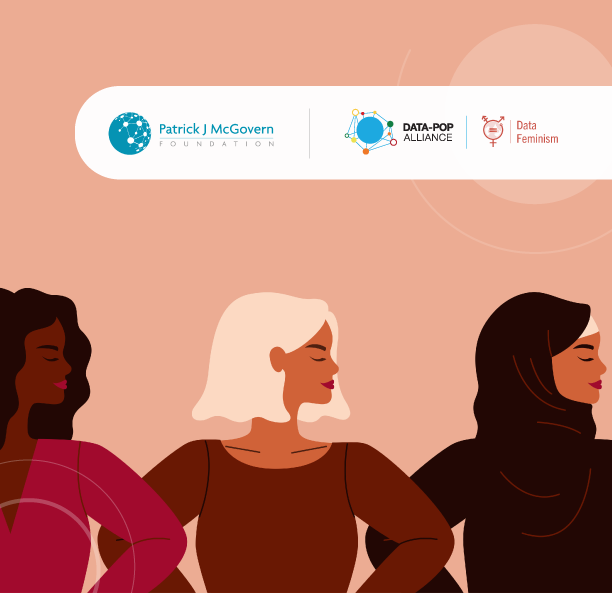
- Global, Latin America and the Caribbean (LAC), Middle East and North Africa (MENA), Sub-Saharan Africa (SSA)
- 2022 - 2024
- Partner(s): Patrick J. McGovern Foundation (Funder)
The Patrick J. McGovern Foundation (PJMF) awarded DPA’s Data Feminism Program a twelve-month, $300,000 grant to support our work advancing intersectional, data-driven research, training and advocacy to continue fostering gender equality across Latin America and the Caribbean, the MENA region and Sub-Saharan Africa. In 2023, the grant was renewed for $400,000 to continue supporting existing and new Data Feminism Initiatives, including the Book and Movie Club, “Technology Through Feminist Lenses.”
